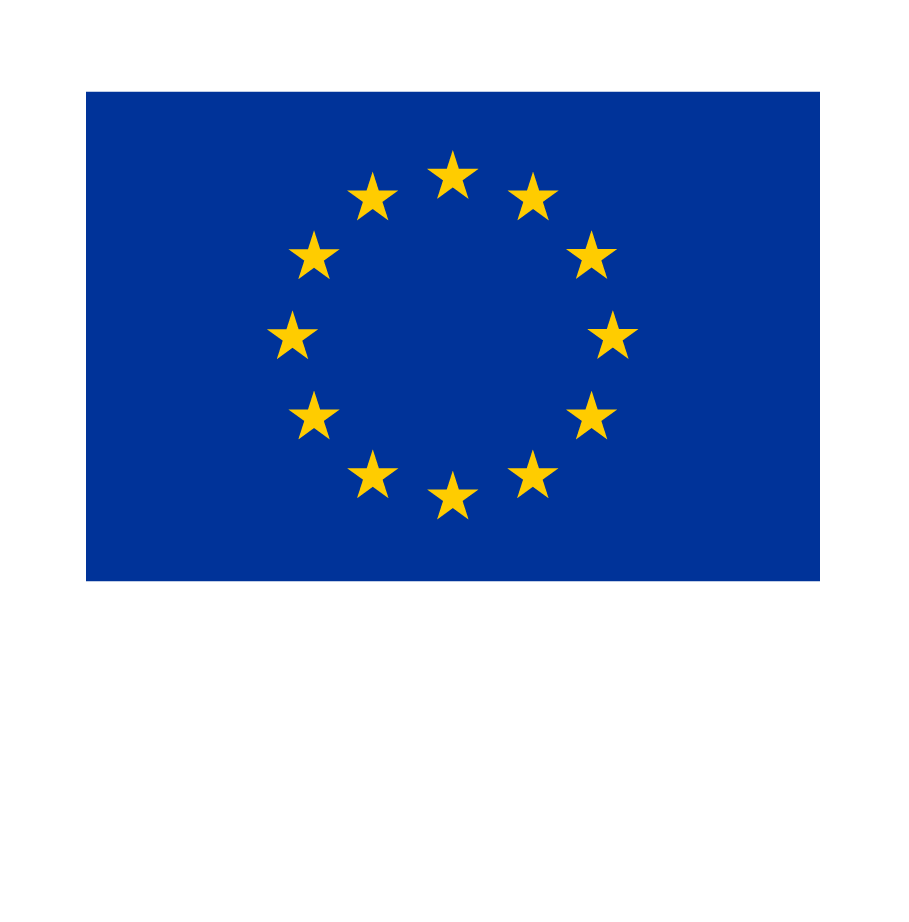The evolving landscape of higher education, marked by the return of students to European campuses amidst easing lockdown measures, has prompted significant changes. Recent experiences during the COVID-19 crisis have emphasized the importance of flexible study options, necessitating higher education institutions (HEIs) to adapt their instructional approaches.
This adaptation involves offering a blend of synchronous, asynchronous, and face-to-face instruction to accommodate diverse preferences and potential disruptions. However, although teachers and students entered a phase of learning and incorporating technologies, which were incorporated into the classrooms, the process was not completely decisive, since it was not always accompanied by an adequate methodological and pedagogical transformation. Added to this was the need to return to a previous normality, a circumstance that, for example, in universities, conditioned the ability to bet more decisively on innovation.
In response, we started SOULSS project that aims to enhance teachers’ digital competencies in creating inclusive hybrid instruction, aligning with priorities of inclusion and digital capabilities. The project anticipates conducting a comprehensive gap analysis to understand stakeholders’ needs, leading to the development of supportive materials, self-paced courses, and training units. Positive outcomes are expected, including improved decision-making by teachers, enhanced support for students with diverse needs, and increased lecturer-student interactions in online environments. Ultimately, the project aims to disseminate its findings and resources widely, impacting decision-makers and policymakers in the realm of higher education.

